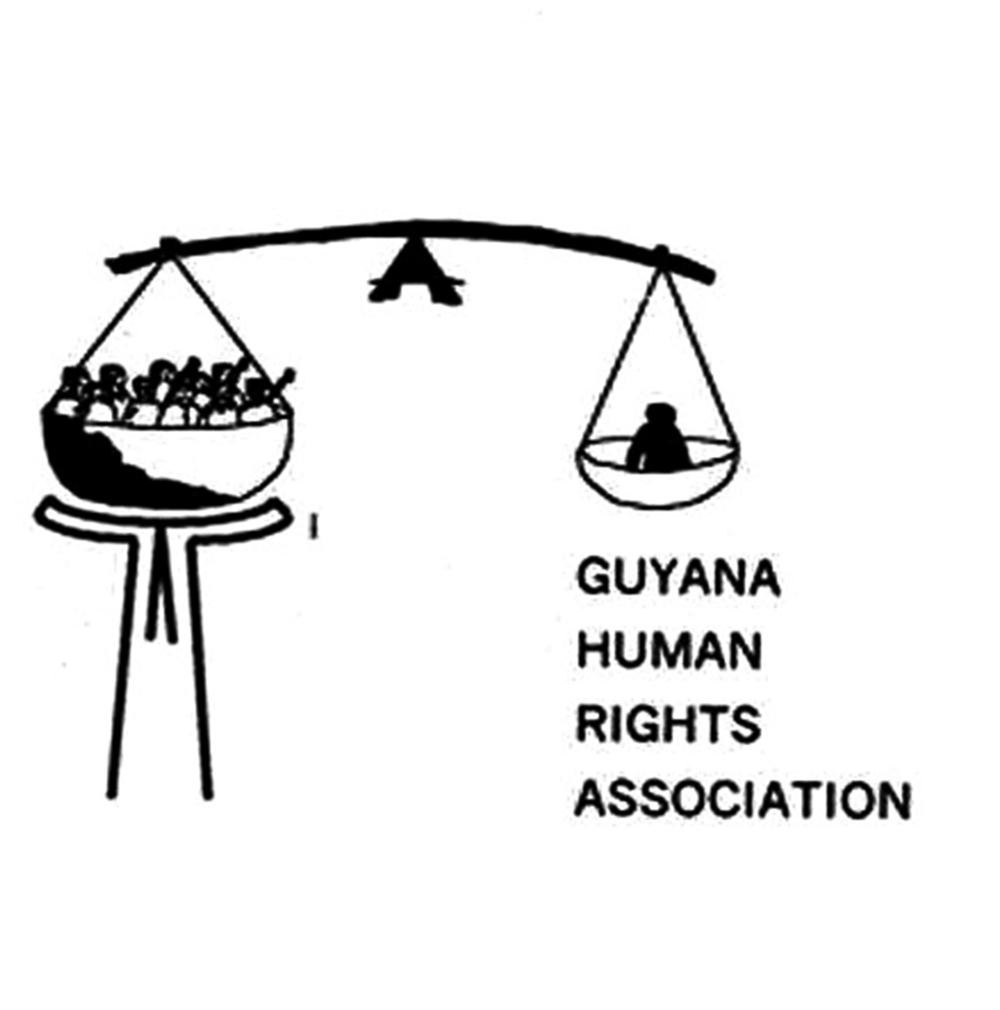The Guyana Human Rights Association (GHRA) is calling for a national conversation on the economic significance of ethnicity in Guyana and described the developing policies to accommodate the new type of society Guyana is becoming as not encouraging.
In a press release issued yesterday, the human rights advocacy body stated that “The influence of ethnicity on Guyana’s inability to move forward as a nation has been considerable and we should not under-estimate the new challenges posed when economic differences are dividing rather than uniting the society. Rather than a rigid categorizing of individual rights, Guyana perhaps needs a national conversation on the economic significance of ethnicity. Priority in such a conversation must be given to the concept of ‘fairness’ as a way of bridging conflicts arising from application of individual human rights in the same manner to all citizens and non-citizens with due regard to the diversity of the national society. Fairness cannot be achieved by unregulated market forces. Fairness also requires that we also respect women, religion and cultural differences that make up identities in modern society. As a criterion for mediating between rigid categories of ‘individual’ and ‘group’ rights, ‘fairness’ has much to commend it.”
GHRA informed that political ethnicity has [historically] determined the quality of life in Guyana over the years and condemned it to the bottom of most social and economic indicators, the advent of oil, the release noted, has introduced a new and abrasive factor.
“Electoral victories achieved by molding ethnic groups into political formations is being superseded by the changing control of the economy to an important degree. Our rich, vast and empty country is now experiencing much busier arrivals than departures from all corners of the globe, but our problem is not merely a feature of globalization”, it added.
The GHRA said those arriving through the main airport represent enormous wealth, while a larger number of arrivals by river – often illegally – represent the opposite end of the economic spectrum. To this extent Guyana progressively resembles small Middle Eastern States, where large numbers of economic refugees from India, Bangladesh and Pakistan perform servile functions for the small, native-born citizens who live in luxury and control the society.
The release reminded that diversity of peoples has progressively challenged the concept of a homogeneous society in which every individual must be treated in the same way. Nowadays, the release added, migrations of millions of people is posing challenges to all societies and identity issues are taking on new dimensions. Assessing Guyana as a viable society, GHRA says, would inevitably focus on the extent it has successfully navigated its ethnic challenges. On the positive side marrying, mixing, merging and mingling have created a capacity to live together not achieved by many larger and better resourced societies. However, the negative side of the ledger would be dominated by another ‘m’, migration. Guyana tops the list globally for the percentage of its citizens who live elsewhere, frustrated in many cases by the extent to which ethnicity-influenced politics determined who gets jobs, land, licenses, appointments and scholarships.
Stating that on International Human Right Day 2024, Guyana needs to remember that human rights are the international community’s response to the idea that every person counts, as captured in the reference in the Universal Declaration of Human Rights to “equal and inalienable rights of all members of the human family”, GHRA reminded that the idea of everyone being equal before the law worked well as long as States were formed from nations of people who spoke the same language, professed the same religion, had the same colour and lived in nature-defined geographic areas. However, States such as Guyana formed from the colonial experiences were not normally expressions of such uniformity. Culturally different groups were compelled to live together by imperial powers.
The GHRA release said that experience to date in terms of developing policies to accommodate the new type of society Guyana is becoming, is not encouraging.
“An obsession with getting rich quick is not only working against the interests of the majority of working people, as far as cost-of-living issues are concerned, but economically-driven ethnicity is working against fairness. We need to prioritize the ambition to create a Guyanese identity with which all ethnic groups can identify and which will enable all Guyanese to function successfully in an increasingly plural world”, it posited.










